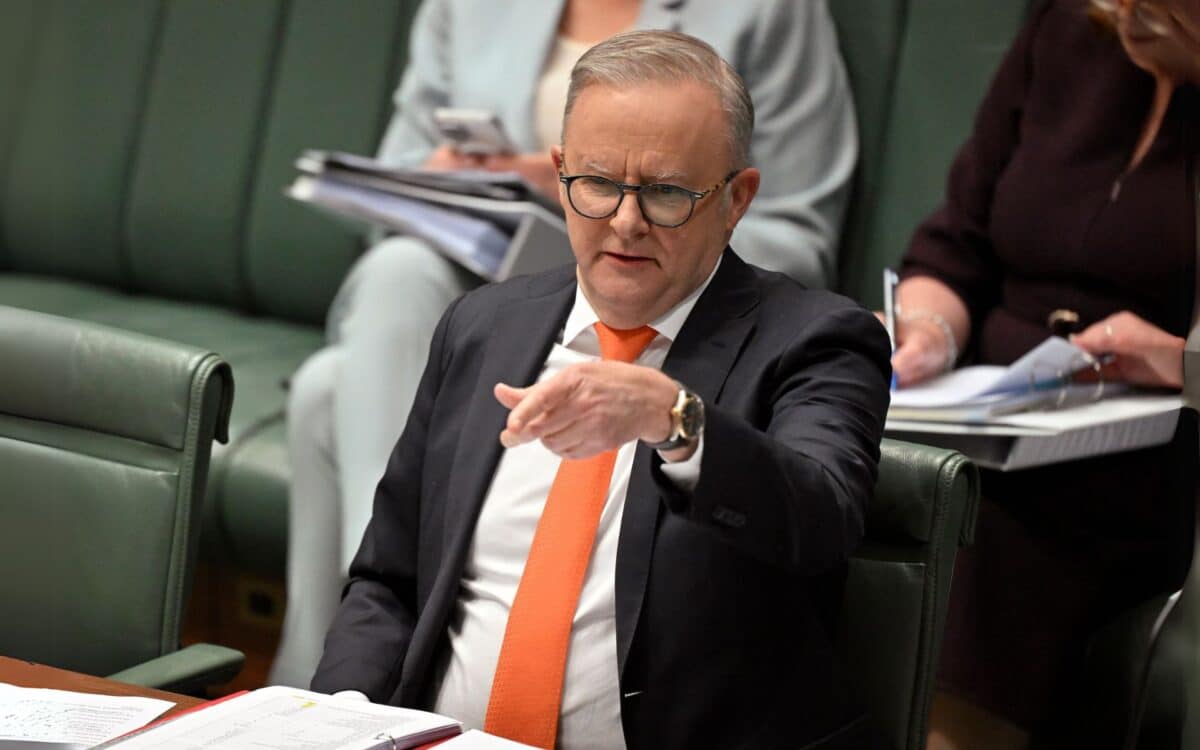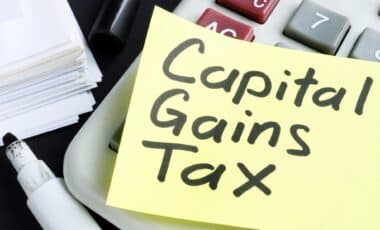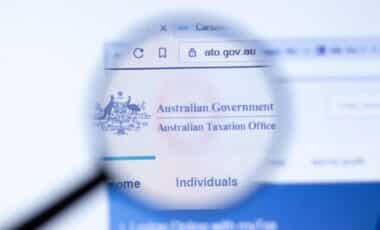The fate of the $20,000 instant asset write-off and tax penalty reforms remains unclear following the adjournment of the House of Representatives, leaving small businesses without certainty on key financial measures.
Without a final vote, these businesses must wait until at least March 25, when the 2025-26 federal budget is scheduled, to learn if the policies will be implemented.
However, the situation could become even more complicated if Prime Minister Anthony Albanese calls an early election, which would dissolve parliament and scrap pending legislation.
Key Tax Reforms Stalled in Parliament
The Treasury Laws Amendment (Tax Incentives and Integrity) Bill 2024, which includes these tax policies, was scheduled for discussion in the Lower House but was not voted on before adjournment. If passed, the bill would :
- Extend the $20,000 instant asset write-off for the 2024-25 financial year.
- Remove tax deductibility for the General Interest Charge (GIC) and Shortfall Interest Charge (SIC), increasing penalties for late or incorrect tax payments.
The instant asset write-off allows small businesses to immediately deduct the cost of business-related assets rather than depreciating them over time.
Industry groups have long sought certainty on this measure, emphasising its importance for cash flow and investment planning.
However, the proposal to remove deductibility for interest charges has faced strong opposition. The government argues this change will encourage timely tax payments and create a fairer system for compliant businesses. Critics warn that it could place additional financial strain on small businesses already struggling with rising costs.
Business Leaders and Political Reactions
Industry representatives have expressed frustration over the uncertainty. Luke Achterstraat, CEO of the Council of Small Business Organisations Australia (COSBOA), warned that the proposed interest charge policy is “punitive” and could weaken the financial stability of small businesses operating in tough conditions.
The issue has also become a political battleground. Opposition Leader Peter Dutton criticised the government’s handling of economic policies, arguing that small businesses need more support rather than additional financial burdens.
Meanwhile, Prime Minister Albanese rejected a Coalition proposal to make meal and entertainment expenses tax-deductible, calling it a policy that benefits “their mates’ lunches” rather than addressing real cost-of-living pressures.
Election Timing Adds to Uncertainty
Before the bill can take effect, it must also pass through the Senate. However, with the next parliamentary session not scheduled until March 25, there is little time to resolve the issue before a potential election.
The timing of the next federal election, which must be held by May 17, could further complicate matters.
Reports suggest an early election could be called between March 22 and April 12, potentially dissolving parliament before the tax measures are finalised. If this happens, the instant asset write-off and tax penalty changes would be abandoned, forcing businesses to wait for a new government to reintroduce or modify the proposals.
This leaves small business owners with no clear guidance on what tax policies will apply in the next financial year.
This article has been republished from the following materials. Note: material may have been edited for length and content. For further information, please contact the cited source.









